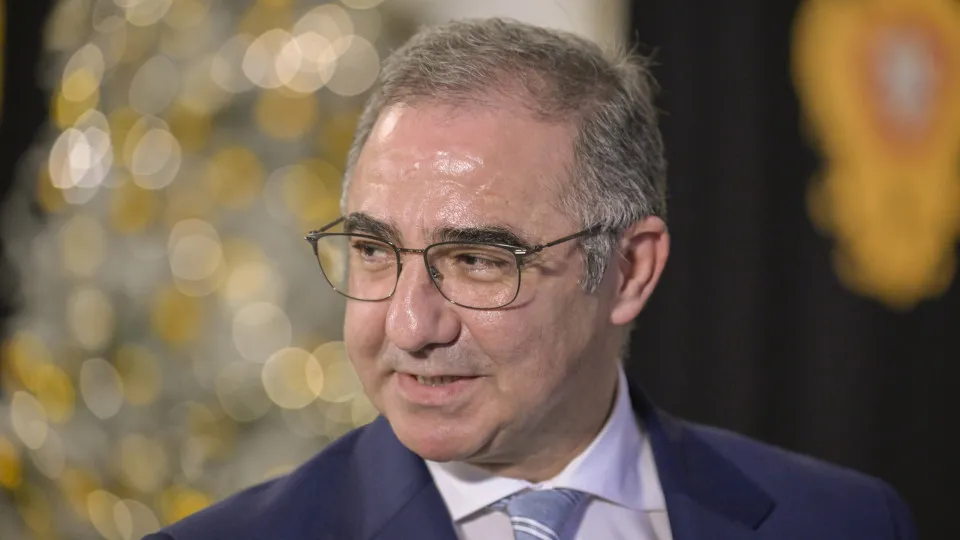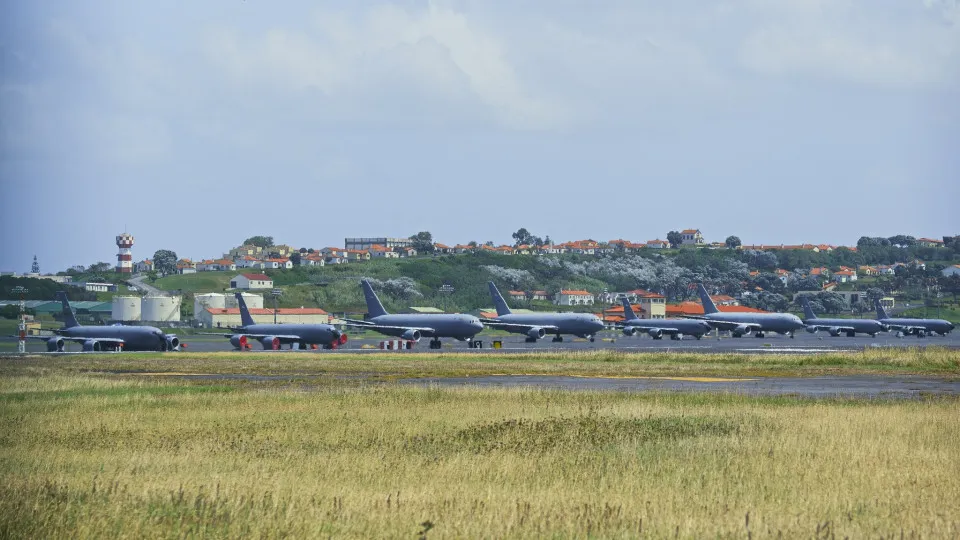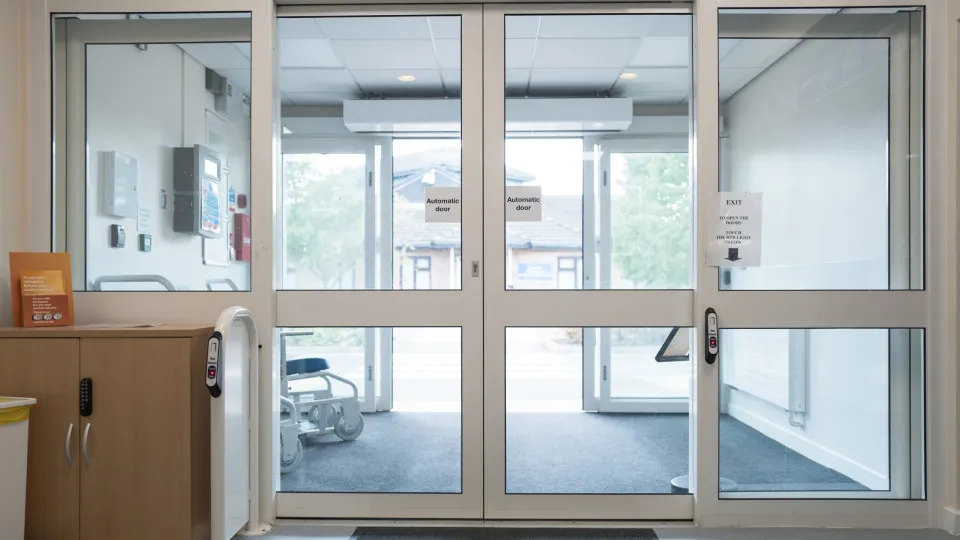
“This is my first appeal. Please come and participate; democracy appreciates it and benefits from it,” said José Manuel Bolieiro to journalists after casting his vote at 11:00 local time (12:00 in Lisbon) at the Junta de Freguesia da Fajã de Baixo in Ponta Delgada, São Miguel Island.
As a second note, the leader of the PSD/CDS-PP/PPM regional coalition government praised all citizens who contribute at polling stations to ensure a smooth civic participation and the impartial, scrutineer organization of the electoral process.
Bolieiro also expressed his hope to journalists that the campaign period served as an opportunity to clarify the candidates’ proposals and for evaluation, emphasizing that “in freedom, the people will choose.”
The president of the Azorean Regional Government anticipates a “record voter turnout,” highlighting that municipal elections traditionally are more engaging due to the sheer number of candidates compared to other elections.
“This in itself helps mobilize voters. Historically, municipal elections are much more engaging than other electoral processes. I hope this election might set a new record, though it remains more of a hope than a certainty,” he stated.
He noted that the good weather today provides fewer excuses for those who might struggle to reach the polling station because it’s a great day to enjoy Sunday, including a visit to the voting site.
When asked if he agreed with the President of the Republic regarding the importance of the election, Bolieiro endorsed Marcelo Rebelo de Sousa’s statements, reiterating that municipal elections are very significant due to the large number of candidates they typically attract.
After voting, the Azorean executive leader plans to visit several locations throughout the day to assess voter turnout, particularly at some of the more notable polling stations near his residence.
Over 9.3 million voters are eligible to vote in these municipal elections, based on registration data from the Secretariat-General of the Ministry of Internal Administration (MAI).
Of the 9,303,840 registered voters, 9,262,722 are national citizens, with the remainder including 18,319 EU foreign voters and 22,799 non-EU foreign voters, all registered domestically.
Voters will elect the governing bodies of 308 Municipal Councils, 308 Municipal Assemblies, and 3,221 Parish Assemblies, requiring three separate ballots.
A total of 1,584 party lists, coalitions, and citizen groups are vying for Municipal Councils, 1,519 for Municipal Assemblies, and 9,764 lists for Parish Assemblies, according to the most updated lists from the MAI’s Secretariat-General.




